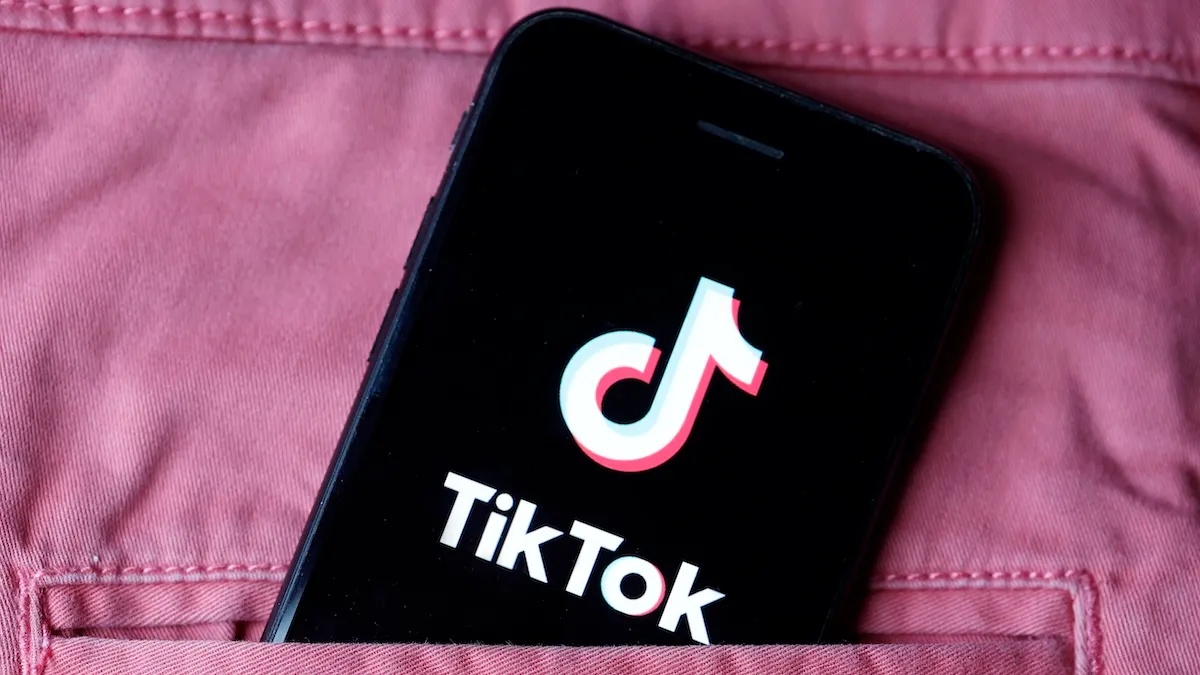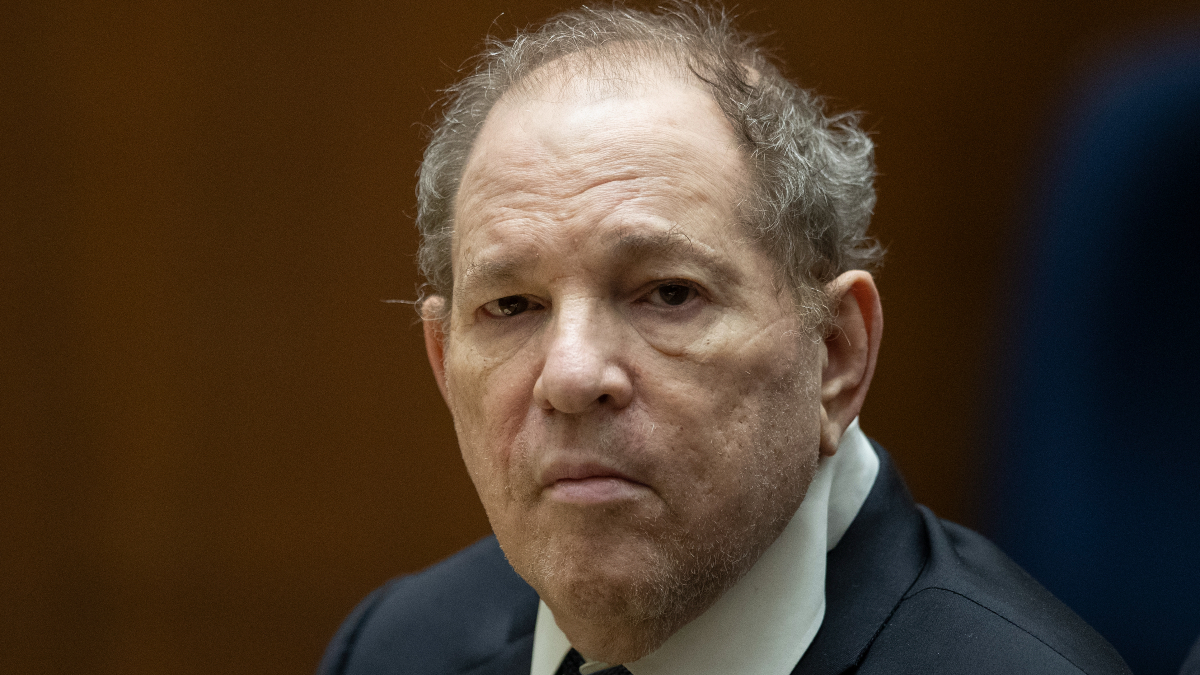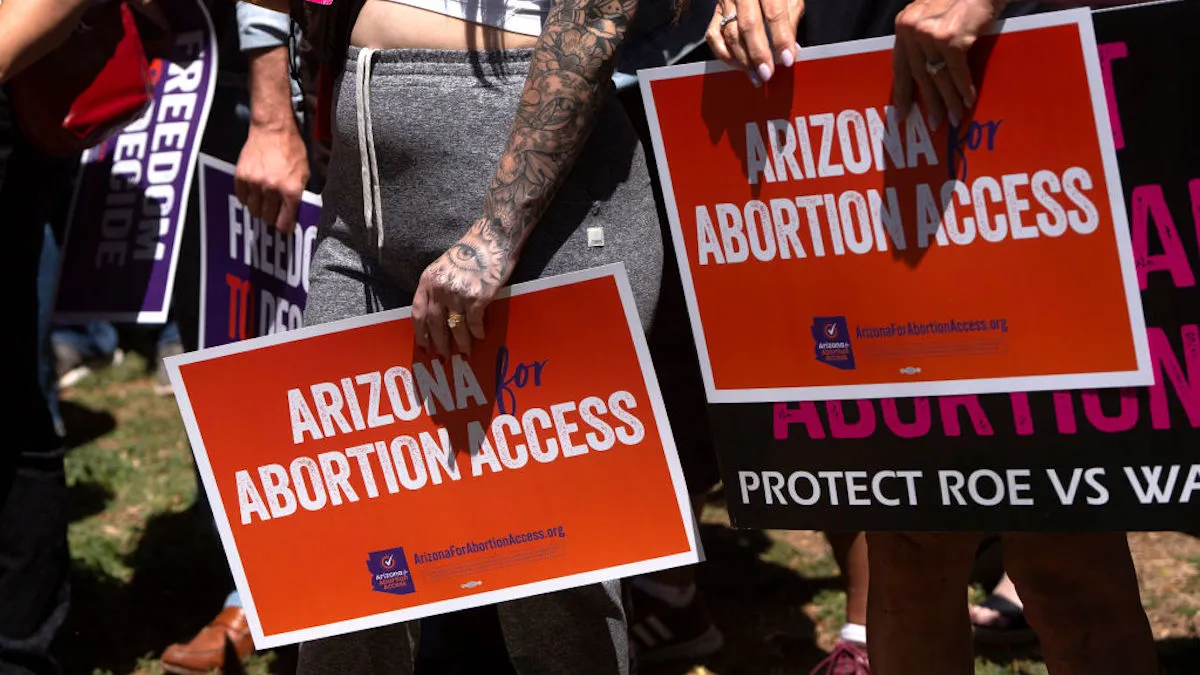
California Governor Gavin Newsom signed into law this week the first of a series of bills tackling California’s mental health system, which CalMatters reports will likely lead “to more people being placed in treatment facilities against their will.”
The new California law, Senate Bill 43, will loosen longstanding rules regarding involuntary treatment eligibility. Under the Lanterman-Petris-Short Act of 1967 (Welfare and Institutions Code Sections 5000 et seq), authored by Assemblyman Frank Lanterman and Democratic Sens. Nicholas Petris and Alan Short and signed into law by then-Gov. Ronald Reagan, California’s involuntary civil commitment process was regulated, establishing strict criteria to determine who was eligible for involuntary treatment to end “the inappropriate, indefinite, and involuntary commitment” of persons with mental health disorders and developmental disabilities.
Disability Rights California explains how the LPS Act established a person’s “right to prompt psychiatric evaluation and treatment” and set out “strict due process protections for mental health clients.” At the time the LPS Act was passed, it was relatively easy for family members to force people into mental health treatment, often locking them away in state hospitals with abhorrent conditions for indefinite periods of time. The landmark legislation established specific timeframes for involuntary holds, such as the 72-hour hold for evaluation and assessment, known as a “5150 hold,” and the 14-day hold for intensive treatment, known as a “5250 hold,” and resulted in many individuals being released from state hospitals to live in the community.
However, the LPS Act’s concomittal promises to build up community-based support programs never materialized.
Speaking from personal experience, having been placed under two 5150s in my life, the lack of adequate community-based support programs means that when an ER determines to place a patient on a 5250 hold, there are no available beds at long-term treatment facilities. Even with the added protections of the LPS Act, a 5150 hold strips a patient of their rights and isn’t much different than a being placed in jail.
While I was committed two years ago, when I tried to get out of my ER bed to go to the nurse’s station, I was swarmed by three male security officers, an experience that was not helpful when I was there for a post-traumatic stress disorder episode after my male neighbor attacked me. Due to that experience and the passage of the new law, I’ve had to chang my safety plan to avoid getting trapped on an indefinite 5150 hold if I seek voluntary inpatient treatment (and that helps no one).
California’s New Mental Health System
“California is undertaking a major overhaul of our mental health system,” Newsom said in a written statement. “The mental health crisis affects us all, and people who need the most help have been too often overlooked. We are working to ensure no one falls through the cracks and that people get the help they need and the respect they deserve.”
In furtherance of his proposed overhaul, Newsom is also expected to sign legislation to send a ballot measure to voters, which includes two key provisions: (1) a $6.4 billion bond to pay for 10,000 new treatment beds and supportive housing and (2) an overhaul of California’s 20-year-old law that funds mental health services with a tax on millionaires. Additionally, the ballot initiative would require 30% of tax dollars brought in under the plan would go toward housing programs, half of which will serve people who are chronically homeless or living in encampments.
The initiative is supposed to address serious mental illness among the state’s unhoused population, which has burgeoned to more than 170,000 people. However, the U.S. Department of Housing and Urban Development states that less than a quarter of the unhoused population has a severe mental illness. In addition, a recent UCSF Benioff Homelessness and Housing Initiative survey of people experiencing homelessness found that while the majority of respondents experienced severe mental illness at some point in their lives, the main reasons people became unhoused were high housing costs and low incomes.
The news about changes to California’s involuntary commitment law comes just as the Community Assistance, Recovery, and Empowerment Act, Newsom’s 2022 mental health legislation establishing the CARE Courts, begins to roll out. On October 2, Glenn, Orange, Riverside, San Diego, San Francisco, Stanislaus, and Tuolumne became the first seven counties to roll out their CARE Courts. On December 1, Los Angeles County is set to open its CARE Court, with courts opening in the rest of the state’s counties in 2024.
The CARE Act aims to help Californians suffering from untreated mental health and substance use disorders. Specifically, the specialty CARE Court enables family, close friends, first responders, and behavioral health workers to seek a court order compelling a person with untreated schizophrenia spectrum or other psychotic disorders into a court-ordered care plan, “managed by a care team in the community and can include clinically prescribed, individualized interventions with several supportive services, medication, and a housing plan” for up to 24 months, as well as “a public defender and supporter to help make self-directed care decisions in addition to their full clinical team”
Taken along with Senate Bill 43, Newsom’s new legislation marks a significant departure from the Lanterman-Petris-Short Act, upending decades of civil liberty protections for Californians with mental illness.
(featured image: Justin Sullivan / Getty)








